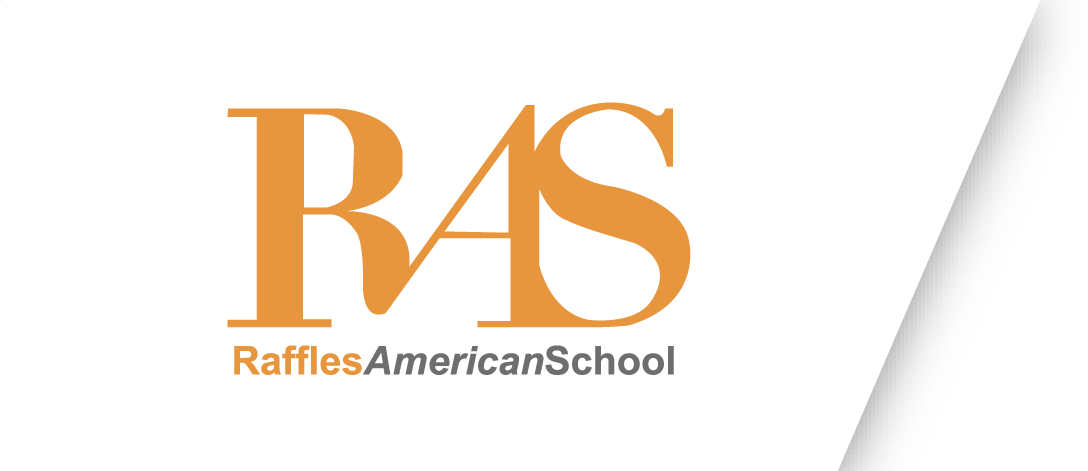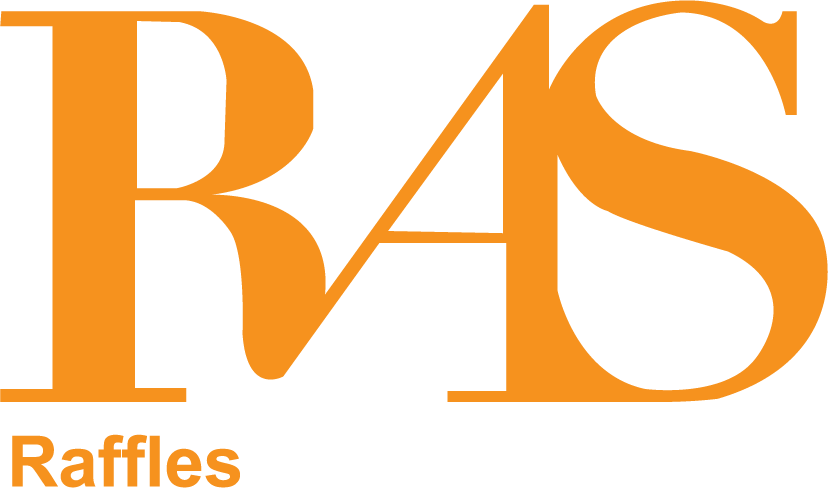
International Baccalaureate Diploma Programme (IBDP)
The International Baccalaureate Diploma Programme (IBDP) is an internationally recognized educational program designed for high school students 16 years and older. In Raffles, the IBDP is offered starting in 11th Grade as a two-year pathway to graduation. It offers a rigorous and comprehensive curriculum emphasizing critical thinking, intercultural understanding, and holistic development. The program is structured around six subject groups, including languages, sciences, mathematics, humanities, arts, and an elective.
One of the key benefits of the IBDP is its holistic approach to education, which fosters a well-rounded skill set and a global perspective. Students engage in a wide range of subjects, allowing them to explore their interests while developing research, communication, and problem-solving skills. Additionally, the IBDP encourages students to become active and compassionate members of their communities through service activities and the study of global issues. Overall, the IBDP equips students with the tools they need to succeed in higher education and beyond, preparing them to thrive in an increasingly interconnected world.
What are the Categories?
During this two-year timeline, students study six subjects, each falling into one of three categories:
Higher Level (HL)
HL courses are more in-depth and demanding, typically requiring 240 teaching hours over two years. Students delve deeper into the subject matter, exploring complex concepts and developing advanced skills. HL courses can provide students with college-level knowledge and often carry more weight in university admissions.
SL courses are less intensive than HL courses, requiring a minimum of 150 teaching hours over two years. While SL courses cover similar content to HL courses, they do so at a slightly less rigorous pace and depth. SL courses offer a balanced approach, allowing students to explore subjects in depth while still maintaining breadth in their studies.
Standard Level (SL)
Theory of Knowledge (TOK)
TOK is a unique and integral part of the IBDP. It is a course that explores the nature of knowledge itself, asking fundamental questions such as “How do we know what we know?” and “To what extent can we trust our ways of knowing?” Through TOK, students examine different ways of knowing, including perception, language, reason, emotion, and various areas of knowledge, such as mathematics, natural sciences, history, and the arts.
What are the Subject Groups?
Studies in Language and Literature
This category focuses on the study of language, literature, and other forms of expression. It typically includes courses in the student’s native language as well as a foreign language.
Language Acquisition
These courses are designed to help students develop proficiency in a second language. Depending on availability, this can include courses in languages such as French, Spanish, Mandarin, etc.
Individuals and Societies
This category encompasses subjects such as history, geography, economics, psychology, and philosophy. It encourages students to explore human behavior, societies, and cultures from various perspectives.
Sciences
Students can choose from a range of science courses, including biology, chemistry, physics, environmental systems and societies, and sports, exercise, and health science. These courses focus on scientific inquiry, experimentation, and the application of scientific principles.
Mathematics
This category includes courses in mathematics ranging from standard level to higher level. It covers topics such as algebra, geometry, calculus, and statistics, catering to students with varying levels of mathematical proficiency and interest.
The Arts
This category includes courses in visual arts, music, theater, and film. It encourages students to explore their creativity, express themselves artistically, and develop their skills in their chosen art form.
IB vs. American Curriculum
1. Structure and Focus:
IBDP: The IBDP is a two-year program typically taken during the final two years of high school. It offers a comprehensive, well-rounded curriculum emphasizing critical thinking, international-mindedness, and intercultural understanding.
American Curriculum: The American curriculum is a more flexible system that varies across different states and schools. It typically includes a broader range of subjects and allows students to choose electives based on their interests. Additionally, Advanced Placement (AP) courses are available, providing college-level coursework and the opportunity to earn college credit through successful completion of AP exams.
2. Subject Options:
IBDP: Students in the IBDP are required to study six subjects from the following subject groups: studies in language and literature, language acquisition, individuals and societies, sciences, mathematics, and the arts. Students may opt to study an additional sciences, individuals and societies, or languages course instead of a course in the arts. Additionally, they must complete a theory of knowledge (TOK) course and an extended essay and engage in creativity, activity, and service (CAS) activities.
American Curriculum: The American curriculum offers a wide array of subjects, including English, mathematics, science, social studies, foreign languages, arts, and physical education. Students often have more flexibility in choosing their courses and electives based on their interests and future goals. AP courses are available across various subjects, allowing students to pursue advanced studies in areas such as AP Calculus, AP Biology, AP U.S. History, and more.
3. Assessment:
IBDP: The IBDP uses a combination of internal and external assessments. Internal assessments include coursework, essays, and projects, while external assessments consist of final exams conducted and graded by external IB examiners.
American Curriculum: Assessment methods in the American curriculum can vary but often include a combination of quizzes, tests, projects, presentations, and class participation. Final exams are also common, particularly in high school. The AP exams are a significant component for students taking AP courses, offering a standardized measure of student performance in these advanced subjects.
IBDP @ Raffles
*Credits earned while completing the IB Diploma will also count towards the American High School Diploma, which will be awarded upon graduation.
IB courses and exams are offered at RAS in the following subjects: | Advanced Placement courses and exams are offered at RAS in the following subjects: |
Languages: IBDip Language A (English) (HS/SL) IBDip Language B (English) (HS/SL) IBDip Language A (Korean) (HS/SL) IBDip Language A (Chinese) (HS/SL) IBDip Language B (Chinese) (HS/SL) *Online classes can be arranged for Spanish and French Ab Initio | Languages: AP English Language and Composition AP English Literature and Composition AP Chinese Language and Culture |
Humanities: IBDip Psychology (HL/SL) IBDip Business Management (HL/SL) | Humanities: AP Psychology AP Comparative Government and Politics AP Economics(Micro and/or Macro) AP World History |
Sciences: IBDip Chemistry (HL/SL) IBDip Biology (HL/SL) IBDip Physics (HL/SL) | Sciences: AP Chemistry AP Biology AP Physics C |
Mathematics: IBDip Math (HL/SL) Applications & Interpretation | Mathematics: AP Calculus AB/BC AP Statistics |
Arts: IBDip Music (HL/SL) IBDip Art (HL/SL) | Arts: AP Music AP Art |



